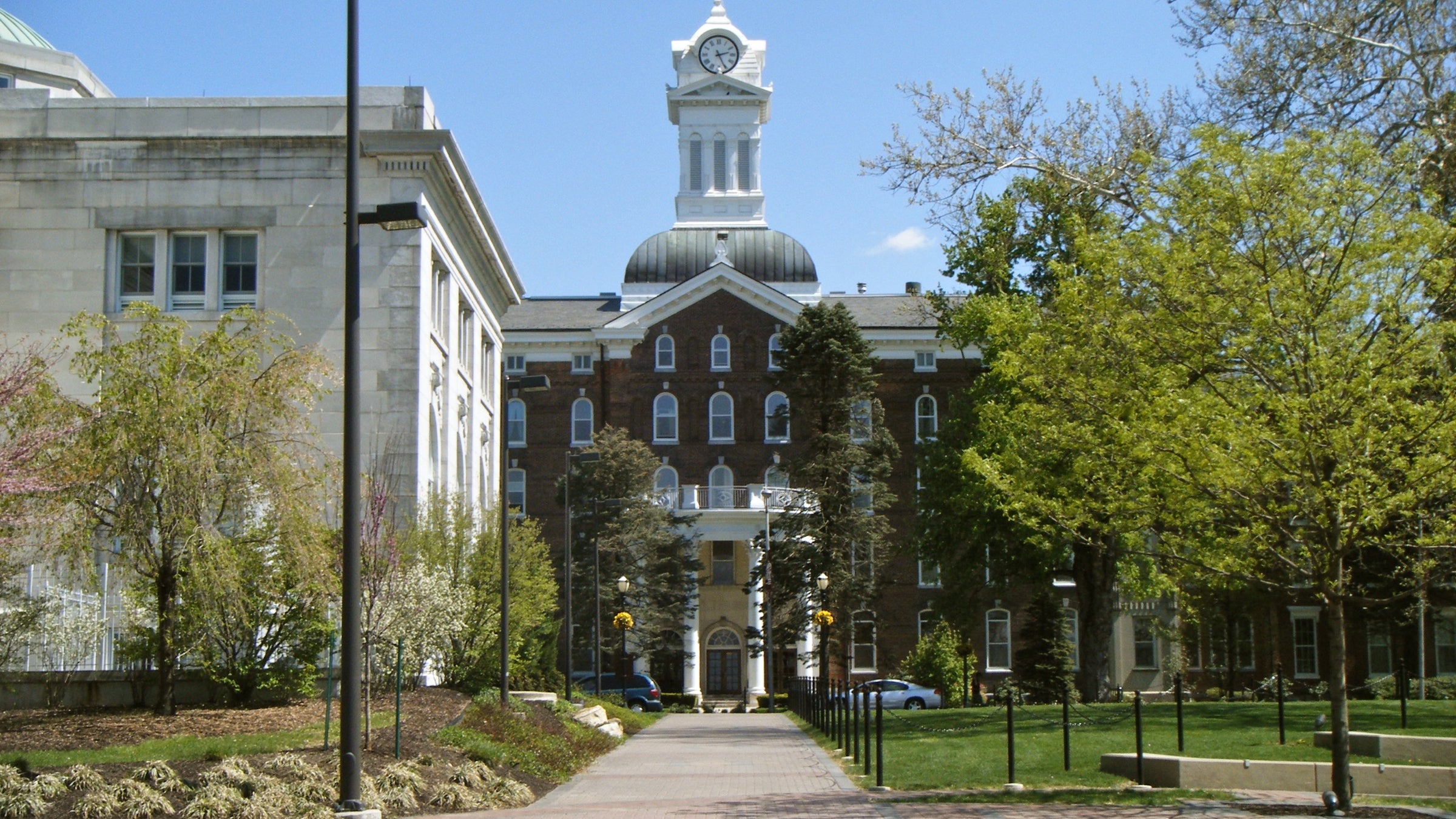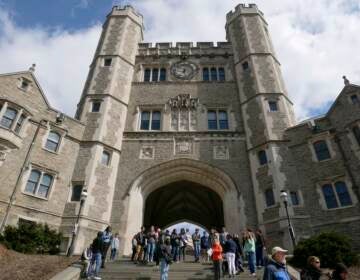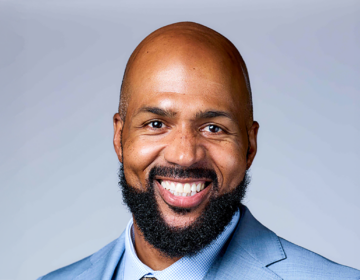Pennsylvania public universities consider mergers and closures for first time

Pennsylvania's state-owned universities like Kutztown are being considered for mergers or closures. (Dough4872/Wikimedia Commons)
For the first time in its history, the Pennsylvania State System of Higher Education experienced a faculty strike after stalled contract negotiations last fall.
Now, the 14 universities that make up the state system are launching an in-depth strategic review that might lead to university mergers or closures. It’s the first time either option is being considered in the system’s 35-year history.
In his annual State of the System address, Chancellor Frank Brogan touched upon the challenges the universities have faced, like declining enrollment, increased costs and stagnant state funding with an overall theme of evolve or perish.
“I cannot underscore enough the sense of urgency, as I’ve tried to do, that exists,” he said prior to the board of governors meeting in Harrisburg last week. “If we don’t act now, if we don’t act today, it’s a guarantee that the rising tide of just circumstance will swamp the boat.”
He said the current organizational structure and operations are unsustainable and will only get worse if not addressed.
“What worked 30 years ago in many cases isn’t working anymore,” Brogan said. “Change can be hard. It oftentimes is. But sometimes it’s necessary and more importantly…it can create new opportunities.”
Brogan says public colleges across the country are wrestling with similar issues of reorganization, including the merger or closure of institutions.
“Is that where we are headed?” he asked. “Well, that’s a question I can’t answer today, nor by the way, can anyone else. But it is a question we have ask — and we have answer — this year, not in the future, this year.”
Many more of the 14 state-owned universities are now feeling the effects of declining revenues and enrollments.
“This year we just went through was perhaps the most challenging in the state system’s history,” said board of governors chair Cynthia Shapira. “As daunting as those challenges have been, there is little doubt that 2017 will bring new and perhaps even greater challenges.”
The state system has faced six straight years of declining enrollment. Currently 105,000 students are enrolled across the campuses, which is a 12 percent decline or loss of approximately 15,000 students.
Cheyney University, the nation’s oldest historically black institution, is in financial distress, but other member schools have been struggling financially as well, including California and Clarion in western Pennsylvania.
Cheyney’s enrollment has dropped by more than half since 2010 but grew slightly this year. Kutztown’s enrollment declined by 20 percent and Shippensburg’s by 16 percent in that same time. West Chester is the only university to post enrollment gains every year since then.
Projections show that overall enrollment drop is unlikely to change.
“We have a number of universities facing increasing fiscal hardship,” said Kenn Marshall, spokesman for the state system. “If we’re going to be here in the future as a system and our universities continuing to serve our students and the Commonwealth, we need to take this look now. We can’t wait any longer and we need to face the fact that we’re probably going to have to need to make some very significant change in the years ahead.”
While Pennsylvania has increased its appropriation the past two years, Marshall notes state funding is still $60 million less than it was before the recession.
When the system was founded, the state paid for more than 60 percent of the universities’ budgets. Now it accounts for only 27 percent. The difference has usually been made up with higher tuition.
Shapira, board chair, noted that support for higher education nationally has been reduced by $3 billion since 2008.
The system is planning to ask for a $61million increase in state funding this year, but it will still need to make budget cuts even with that, according to Marshall. That increase is unlikely considering the Commonwealth’s budget is looking at a shortfall.
School officials say stakeholders’ input, from students, faculty, staff, alumni and elected officials, will be considered.
A request for proposals has gone out to hire a private consulting firm, which are due January 31.
The review is in the preliminary stages and has no set timeline, but answers are expected by the end of the year.
At the meeting, the board also voted to give tuition flexibility to each campus, allowing each individual university to set in-state undergraduate tuition at a level different from the flat system-wide rate.
Penn State, Temple, Pitt and Lincoln universities are state-related, which means they receive state dollars but are not state-owned.
WHYY is your source for fact-based, in-depth journalism and information. As a nonprofit organization, we rely on financial support from readers like you. Please give today.




